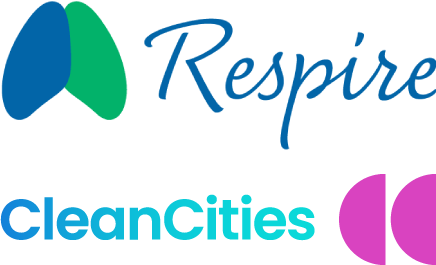A tangible example of impact through applied research
Freight transport is one of the leading contributors to air pollution in urban areas. A study by MSc SIA students from PSE and the École nationale des ponts et chaussées, for Respire and Clean Cities, highlighted the significant impact of Light-Duty Vehicles (LDV) and Heavy-Duty Vehicles (HDV) on air quality in Paris.
Conducted between September 2023 and March 2024 under the supervision of Martin Koning (Université Gustave Eiffel), this work extends beyond scientific analysis. It has directly influenced public policy, as reflected in a recent initiative by the Council of Paris.
A study addressing environmental and health challenges
Parisian Fleet Composition
- 19.9 % LDV + HDV
- 2.8 % Bus
- 18.4 % Motos
- 58.9 % Private Cars
NO2 Concentration Distribution
- 42.7 % LDV + HDV
- 12.2 % Bus
- 2.8 % Motos
- 42.4 % Private Cars
PM10 Concentration Distribution
- 39.5 % LDV + HDV
- 4.7 % Bus
- 22.9 % Motos
- 32.9 % Private Cars
Key findings from the study:
- LDV and HDV account for less than 20% of traffic in Paris but are responsible for 43% of NO₂ pollution and 40% of PM₁₀ emissions related to road transport.
- Converting these vehicles to zero-emission alternatives (electric or cargo bikes) could prevent 92 deaths and 50 hospitalizations annually. This shift could also cut up to 500,000 tons of CO₂ emissions per year—the equivalent carbon footprint of 55,000 citizens.
These in-depth analyses and detailed models demonstrate that reducing emissions from logistics vehicles can have a profound impact on public health and the environment.
Shaping public policy: Zero-Emission Delivery Area
The study had a tangible impact. The Council of Paris recently voted to trial Zero-Emission Delivery Area. These areas will be limited to electric vehicles or cargo bikes, while thermal vehicles will have restricted access during specific hours.
This initiative draws inspiration from other European cities. Over 35 cities, including Amsterdam, Brussels, and Stockholm, have already implemented similar measures. By following their lead, Paris aims to strengthen its position as a pioneer in ecological transition.
A real-world example of learning through action
This Capstone Project exemplifies the MSc SIA’s mission: training professionals to apply scientific tools to tackle complex challenges and influence decision-makers.
MSc SIA students go beyond theoretical analysis. By collaborating with key stakeholders, they actively contribute to designing innovative and practical solutions for a sustainable future.
Download the Report
-
Capstone Report – Impacts of implementing a Zero-Emission Delivery Area in Paris


